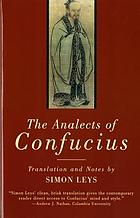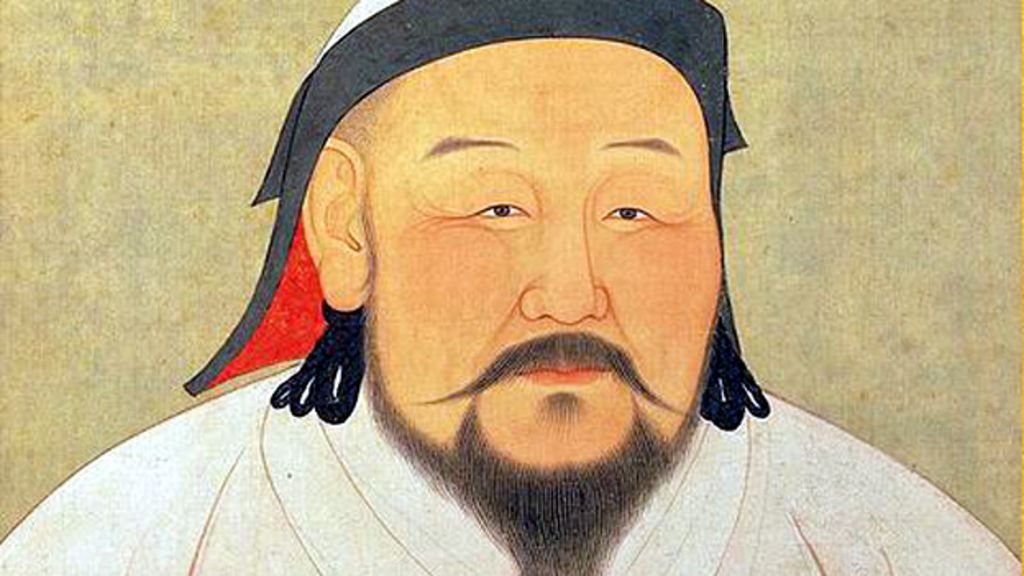

The Christopher Brennan Library has many suitable books for this unit of work under 950.21 in the information collection.
 The Analects of Confucius
by
"The Analects of Confucius is a collection of aphorisms and historical anecdotes embodying the basic values of the Confucian tradition: learning, morality, ritual decorum, and filial piety. Reflecting the model eras of Chinese antiquity, the book is valued for its insights into the successful governance of the empire and its ideal organization of society. It has also been used for many centuries as a beginning text in the learning of classical Chinese." "The single most influential philosophical work in all of Chinese history, The Analects of Confucius has shaped the thought and customs of China for centuries and has played a key role in the development of nearby countries, such as Korea, Japan, and Vietnam. Burton Watson's concise translation uses the pinyin system of romanization and keeps explanatory notes to a minimum, yet his intimate knowledge of the Confucian tradition and precise attention to linguistic detail capture all the elegance, cogency, and wit of the original text, which continues to exert tremendous influence."--BOOK JACKET.
The Analects of Confucius
by
"The Analects of Confucius is a collection of aphorisms and historical anecdotes embodying the basic values of the Confucian tradition: learning, morality, ritual decorum, and filial piety. Reflecting the model eras of Chinese antiquity, the book is valued for its insights into the successful governance of the empire and its ideal organization of society. It has also been used for many centuries as a beginning text in the learning of classical Chinese." "The single most influential philosophical work in all of Chinese history, The Analects of Confucius has shaped the thought and customs of China for centuries and has played a key role in the development of nearby countries, such as Korea, Japan, and Vietnam. Burton Watson's concise translation uses the pinyin system of romanization and keeps explanatory notes to a minimum, yet his intimate knowledge of the Confucian tradition and precise attention to linguistic detail capture all the elegance, cogency, and wit of the original text, which continues to exert tremendous influence."--BOOK JACKET.
This LibGuide has been setup to assist you with your Ancient China and Mongol Expansion assignment.

Mongol Society: Women, Men and Children This weblink by History on the Net provides insight to what Mongol society was like. Follow further links to more information about Mongol Empire, including a Mongol Empire Timeline.
Before its unification under Qin Shi Huang Di, its First Emperor (259 – 210 BC), China was made up of seven major states which were often at war with each other, vying for power and supremacy. Historians call this time the Warring States period (475 – 221 BC).

British Museum - Qin Shi Huang Di This weblink provides a concise timeline account of Qin Shi Huang Di's rise to power.
About Education - Qin Shi Huang Di This weblink provides a biographical account of Qin Shi Huang Di by Kallie Szczepanski, an Asian History expert.
Ducksters - Emperor Qin Shi Huang This weblink provides a concise biographical overview of Qin Shi Huang.
Encyclopaedia Britannica - Shihuangdi This weblink is the Encylopaedia Britannica entry on Shihuangdi.
Ducksters - Terracotta Army This weblink provides concise information on the Terracotta Army.
 Confucius Biography This weblink by Biography.com provides a concise biographical account of Confucius' life. Confucius was an influential Chinese philosopher, teacher and political figure known for his popular aphorisms and for his models of social interaction.
Confucius Biography This weblink by Biography.com provides a concise biographical account of Confucius' life. Confucius was an influential Chinese philosopher, teacher and political figure known for his popular aphorisms and for his models of social interaction.
Encyclopaedia Britannica - Confucius This weblink provides an encyclopedia entry about Confucius.
 Mongolian warrior and ruler Genghis Khan created the largest empire in the world, the Mongol Empire, by destroying individual tribes in Northeast Asia.
Mongolian warrior and ruler Genghis Khan created the largest empire in the world, the Mongol Empire, by destroying individual tribes in Northeast Asia.
Bio - Genghis Khan This weblink by Biography.com provides a biographical account of Genghis Khan, including details of his major conquests.
History Channel - Genghis Khan This weblink by the History Channel provides a biographical account of Genghis Khan and his rule of the empire.
 Mongolian general and statesman Kublai Khan was the grandson of Genghis Khan. He conquered China, founding and becoming the first emperor of the country's Yuan Dynasty.
Mongolian general and statesman Kublai Khan was the grandson of Genghis Khan. He conquered China, founding and becoming the first emperor of the country's Yuan Dynasty.
BBC News - Kublai Khan: China's favourite barbarian This weblink is a biographical magazine article produced by BBC News.
BIo - Kublai Khan This weblink by Biography.com also gives detail as to what life was like under his rule.
History Channel - Kublai Khan This weblink by the History Channel details the achievements of Kublai Khan as emperor.

Number one bestselling author Conn Iggulden takes on the story of the mighty Genghis Khan. An epic tale of a great and heroic mind; his action-packed rule; and how in conquering one-fifth of the world’s inhabited land, he changed the course of history forever.